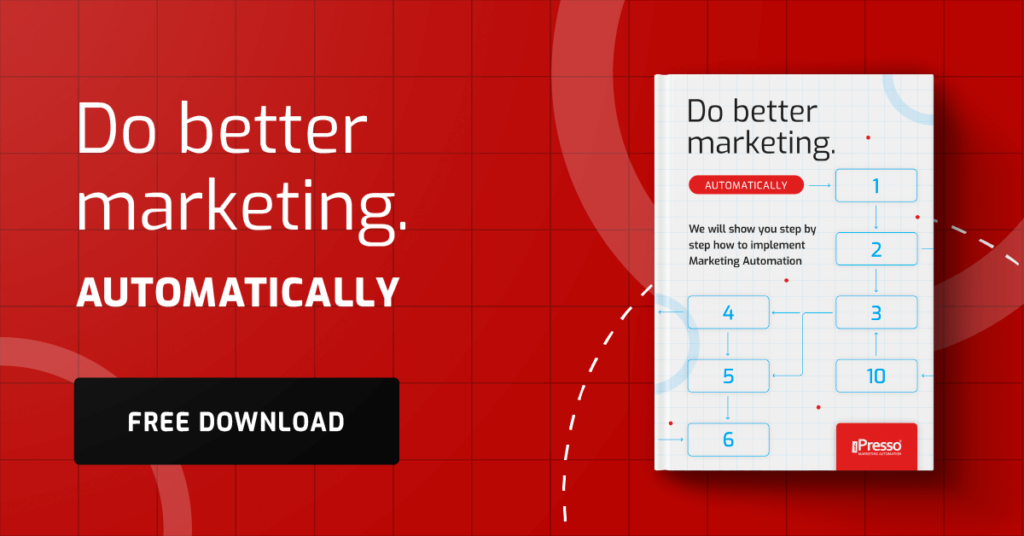What is whisper marketing?

The goal of whisper marketing is to generate a relevant message that will reach a predefined audience. The more whisper marketing resembles participation in a direct discussion or a story told with a twist – the better it works.
What is the definition of whisper marketing?
Whisper marketing is also called buzz marketing, whisper marketing or word of mouth marketing. The purpose of this type of marketing is to provide customers (or potential customers) with veiled information about the benefits of a particular product or solution. However, it’s not exactly the same as a classic advertisement that you click on and it’s done – the recipient has the solution served on a plate. A little more sophistication is needed in whisper marketing.
Well-run whisper marketing is designed to create a positive feeling in customers. How to conduct effective whisper marketing? The best way is to give the recipients what they need, i.e. comments that answer their problems, advice or comparisons of several products in terms of price and functionality. Note – we strongly discourage the use of artificial, purchased reviews. Initially it may bring some benefit, but over time this form of whisper marketing will turn against you. People will sense that you are trying a shortcut and may lose trust in your brand.
The applications of whisper marketing are primarily to reach an audience that is interested in your company’s services (is looking for similar solutions on the Internet, has been to your website, etc.). The company’s whisper marketing should also focus on responding to negative comments and reviews – don’t be afraid to do so, don’t block such voices (unless they belong to obvious foamers and spammers) – any response to a negative comment is better than no response. Other customers keep a close eye on how a company handles such image crises and how it manages to resolve them.
Companies use whisper marketing to build customer loyalty and create a positive brand image online, often also using social proof, i.e. real feedback from satisfied customers.
Types of whisper marketing
Community marketing – that is, promoting services or products by generating discussions about them. We have two types of this whisper marketing – either organic, i.e. giving in already existing places (such as online forums, Facebook groups), or sponsored, i.e. when a brand makes such a place itself and invites its users there, of course, not moderating too much in the content found there.
Brand blogging – that is, whisper marketing, which uses blogs (for example, run by influencers in given fields) to promote your services – of course, in a non-intrusive way, it is always advisable to establish beforehand with the blog creator that a given blog post about your company will not look sponsored from start to finish. Ideally, a mention of your product should simply be one element of a larger whole, woven into the free flow of a blog post. Otherwise the whole thing, well, it will just look artificial.
Viral marketing – that is, whisper marketing, which creates very attractive creations (e.g. virals) that are instantly spread around the web. Paradoxically, although the subject is very touchy and it’s easy to shoot yourself in the foot image-wise (promoting, let’s say, overly outlandish memes), the world’s biggest companies often use this kind of buzz marketing, because it simply works and instantly gets wide coverage. But as we say, it takes a lot of flair here, a good knowledge of real-time marketing and, above all, that subtlety mentioned many times, to make your brand just a supporting character of the whole campaign. An important protagonist, but not one that pushes itself to the front right away.
How to start a whisper marketing campaign?
In general, we use whisper marketing on blogs, social networks (e.g. Facebook groups), online forums (many have prophesied the end of this form, but contrary to appearances, specialized forums are still doing well and are a valuable source of knowledge for many customers) and websites where opinions about the services of given companies are collected (including various comparison websites – increasingly people are looking not only through the criterion of the cheapest price, but also verify whether the manufacturer is reliable).
By way of example – how does whisper marketing work? We can initiate a discussion in a new thread, or we can link to an existing thread where our products or competitors’ products similar to ours are discussed. Well-executed whisper marketing is a skillful entry into the discussion and presentation of one’s services – but certainly not in a pushy way that feels cryptic from afar. It’s worth mentioning your company’s product or service in whisper marketing, but subtly. Ideally, we should respond to someone’s specific problem. It’s also a good idea to establish credibility, for example, by comparing with other, competing products, instead of pushing from the beginning to choose only our solution. Such actions will immediately get a reaction from other users of the medium.
A textbook whisper marketing campaign should be conducted from verified user accounts that are active and have been present on the site for some time. If, for example, a hermetic specialized forum suddenly becomes overrun with new nicknames who immediately attack with posts containing links to your products, then beware, you are doing it wrong (or the agency you commissioned to do the job is doing it wrong). Subtlety and patience – these should be the pillars of your whisper marketing strategy.
In our opinion, the pillar of whisper marketing success is to do it with your head – if you don’t have the experience yourself, or the capacity to post dozens of posts in various places, it’s worthwhile to outsource online whisper marketing to agencies specializing in it, whereby we strongly advise prior research, because it’s easy to step on a mine when an unverified agency floods the Internet with links to your sites and makes the cost of whisper marketing definitely not what you expected (in other words – it will do more harm than good).



